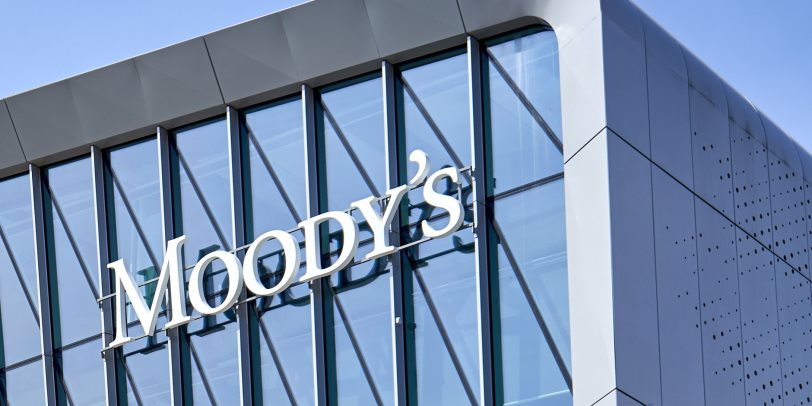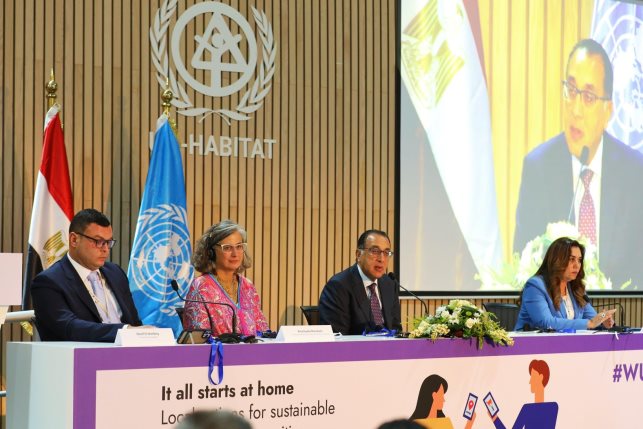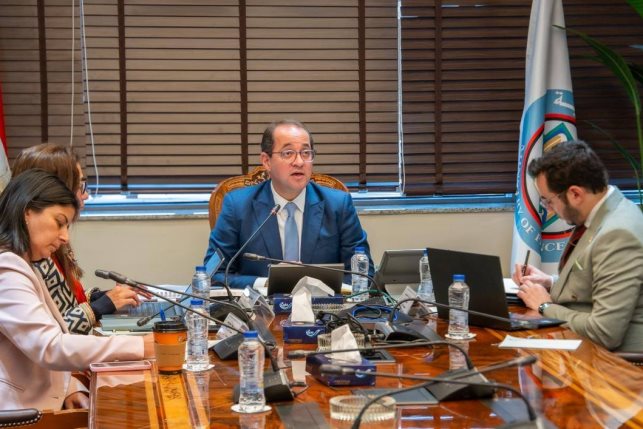Moody’s upgrades 5 banks’ outlooks to positive in response to devaluation and latest FX deals
“The large devaluation of the currency and increase in interest rates will likely help Egypt maintain an upsized IMF program, reduce the risk of a renewed build-up of external imbalances, and strengthen the economy's shock resilience"

Responding to recent events, credit ratings agency Moody’s upgraded its long-term deposit ratings outlook for 5 local banks to positive, citing the Central Bank of Egypt’s latest policy measures and the fresh injection of foreign currency into the country through the Ras El Hekma deal and IMF loan expansion.
State-owned banks National Bank of Egypt, Banque Misr, and Banque du Caire, as well as Commercial International Bank (CIB) had their Caa1 long-term deposit ratings affirmed, with the Bank of Alexandria maintaining its B3 long-term deposit rating.
“The change in outlook to positive reflects the very large foreign direct investment contribution by the United Arab Emirates, and the marked change in economic policy with a large devaluation of the currency and increase in interest rates that, if maintained, will help Egypt maintain an upsized IMF program,” explained Moody’s in a release.
Moody’s affirmed Egypt’s sovereign Caa1 rating and changed its outlook from negative to positive just last week. The agency had previously lowered its outlook to negative from stable in January.
The ratings agency cut the 5 banks’ ratings back in October following a downgrade of the country’s sovereign rating.
“The large devaluation of the currency and increase in interest rates will likely help Egypt maintain an upsized IMF program, reduce the risk of a renewed build-up of external imbalances, and strengthen the economy's shock resilience over time,” the rating agency stated.
Moody’s shared their optimism for Egypt’s trajectory, noting that the fresh influx of foreign currency and policy measures will have a positive impact on the wider banking sector as the 5 banks’ “high sovereign exposure, mainly in the form of government debt securities, that link their credit profile to that of the government.”
Despite praising the banks' resilient financial profiles, strong local currency liquidity, and the sector’s stable profitability, Moody’s highlighted the sector’s large net foreign liabilities, recent currency devaluation and high interest rates as possibly creating “renewed pressure on banks' capital, asset quality and profitability metrics”.
“A ratings upgrade would require a material strengthening of the operating environment and in the government's credit profile, and provided that the banks maintain their resilient financial performance and adequate foreign currency liquidity,” Moody’s wrote.





